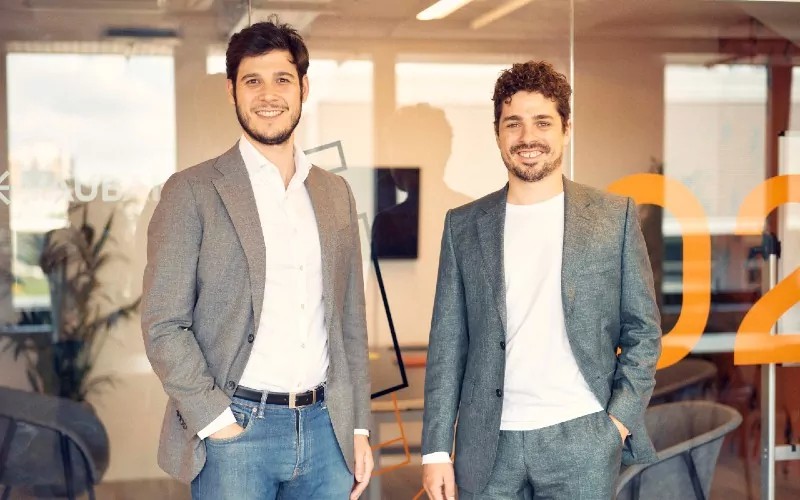Rémy Astié has big ambitions for a startup with origins in an online blog.
With record levels of venture capital pouring into technology companies, the focus is always on the platforms receiving the funding – but what is powering the funders themselves?
Surprisingly, for the most part it is spreadsheets. “There has been a meteoric growth in alternative investments, including venture capital – yet the legal and compliance infrastructure on which the industry relies has failed to evolve alongside it,” Astié tells TechBlast.
“VC remains a largely spreadsheet-based business.”
In recent years, VC activities across Europe have evolved, with an increasing number of established VC firms now managing several funds. More funds are using special purpose vehicles to participate in specific deals, make secondary investments, or to set up ‘sidecar’ funds alongside EIS vehicles or their main institutional funds.
In addition, angel investors are professionalising and syndicating; they are grouping together to increase their dealmaking potential and access to dealflow.
Astié and university friend Ulric Musset used their online blog Citadelle to write about how special purpose vehicles could be used by investors to attract and deploy funds more quickly and efficiently.
“Whilst still in school, our interests turned to investing: we quickly discovered that investing in a company – or even creating a fund – was next to impossible,” says Astié.
“Ulric and myself wrote a number of posts about how to set up and use SPVs to invest in startups. This gained the attention of a number of investors, who reached out to help us get set up – it just snowballed from there.”
An IP dispute once the company was incorporated led to a name change to Vauban, which related to the mission of the company: to democratise alternative investing.
“Vauban is named after Sébastien Le Prestre de Vauban, one of Europe’s most important engineers of citadels and other military and civilian infrastructure works. He helped shape the Europe we know today,” explains Astié.
It gives investors the tools necessary to raise funds, create angel syndicates and effectively manage fundraising and investment activities.
The platform covers everything from structuring to legal documents, investor onboarding, banking and reporting.
“Something we frequently hear from VCs is that after they’ve set up an SPV is that they feel like they know more about the legal and compliance side of investing than their lawyers!” says Astié.
“Our SPVs allow for US investors to enter the UK, European, and MENA markets. We already have many American fund managers and LPs who are using the platform, because our product makes it easy for investors from different locations to co-invest.
“We believe Vauban will have the same impact that AWS has had on the startup ecosystem.”
The firm recently closed a £4.7 million fundraise. Investors include co-leads Pentech and Outward, in addition to 7percent Ventures and MJ Hudson.
A roster of high-profile angel investors have also participated, including the CEO of Nested, Matt Robinson; the founder of Grabayo, Will Neale; the founder and CEO of ComplyAdvantage, Charles Delingpole; partner at Augmentum Fintech, Perry Blacher; and Al Giles, from legal services provider Axiom.
Vauban is onboarding at least one new client every day, while more than $1 billion has been invested via the platform. Current VC users include Anthemis, Passion Capital and Octopus Ventures. In total, over 5,000 LPs are using the platform.
“We’ve been profoundly lucky – right from the beginning we have had close ties to our users. As such, we’ve built a network of users, who are also investors,” says Astié.
“Across Europe, the first two quarters of 2021 were some of the most active in recent years. In addition, we’re seeing the return of founders who had previously exited investing, entering back into the tech community through professionalised syndicates.
“We think this is just the beginning of exponential growth – as we’re only at the beginning phase of what tech can do to change our lives. VC and angels are an integral part of that cycle and we’re expecting activity to grow.”
He says the biggest challenge it has faced is finding talent to grow the business.
“We’re a unique business because we’re vertically integrated – legal, tech, compliance and venture are all rolled into one,” he explains.
“As such, we have struggled to find exceptional talent that understands our business and works well within this structure.”


